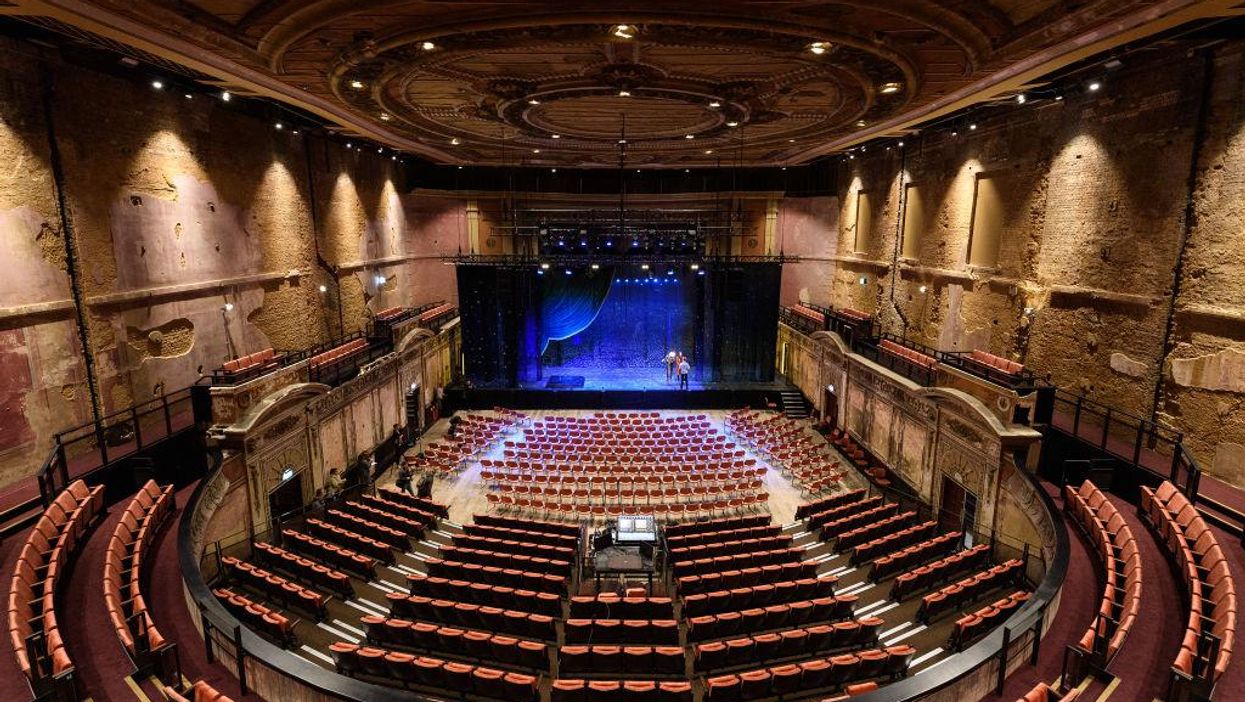Oskar Eustis, legendary artistic director at the Public Theater in New York City, believes that theater is essential to democracy.
"Truth comes from the collision of different ideas, and theater plays an essential role in showing us that truth," he says.
In a powerful TED Talk presentation, Eustis outlines his plan to reach (and listen to) people in places across the United States where the theater, like many other institutions, has been neglected.
"Our job is to try to hold up a vision to America that shows not only who all of us are individually, but that welds us back into the commonality that we need to be," Eustis says. "That's what the theater is supposed to do."
Enjoy the TED talk and learn more:
Why theater is essential to democracy | Oskar Eustis
As always please share with us your ideas on other examples of how theater is used to engage citizens in thinking and working for our democracy by writing to us at pop-culture@fulcrum.us.




















Trump & Hegseth gave Mark Kelly a huge 2028 gift